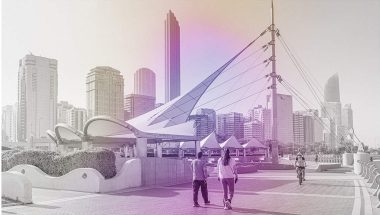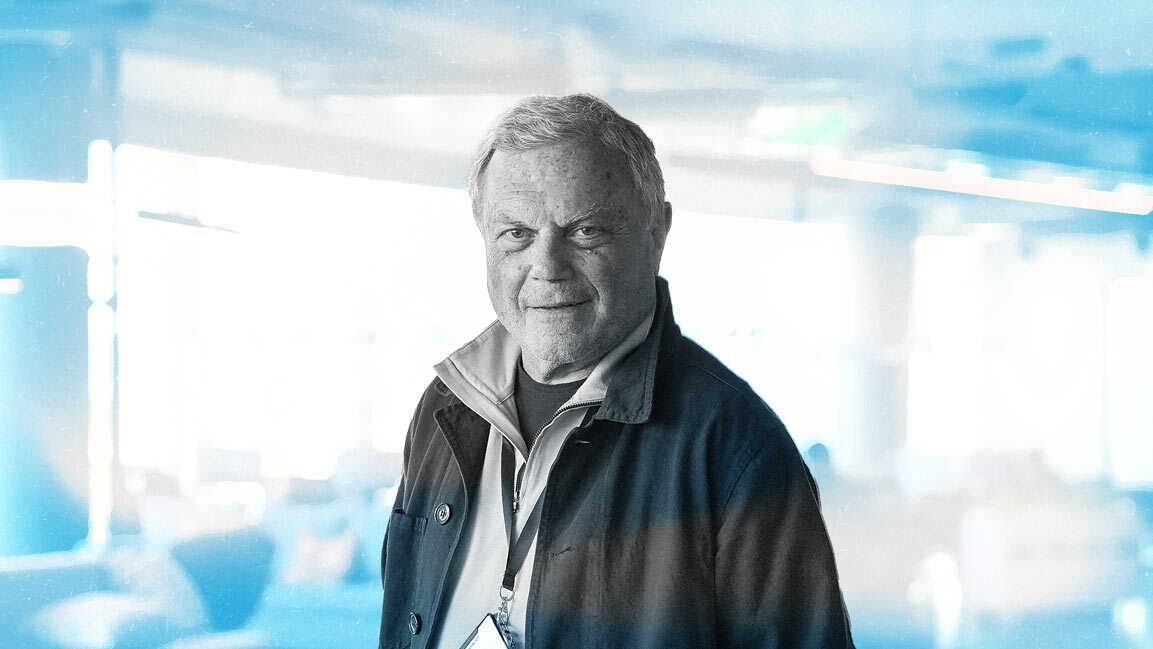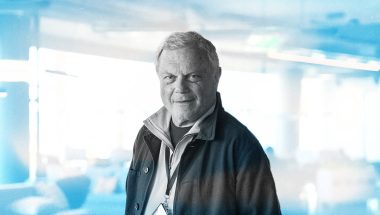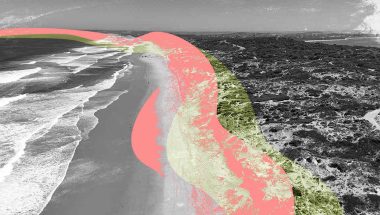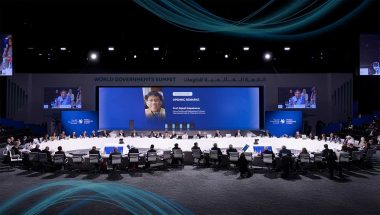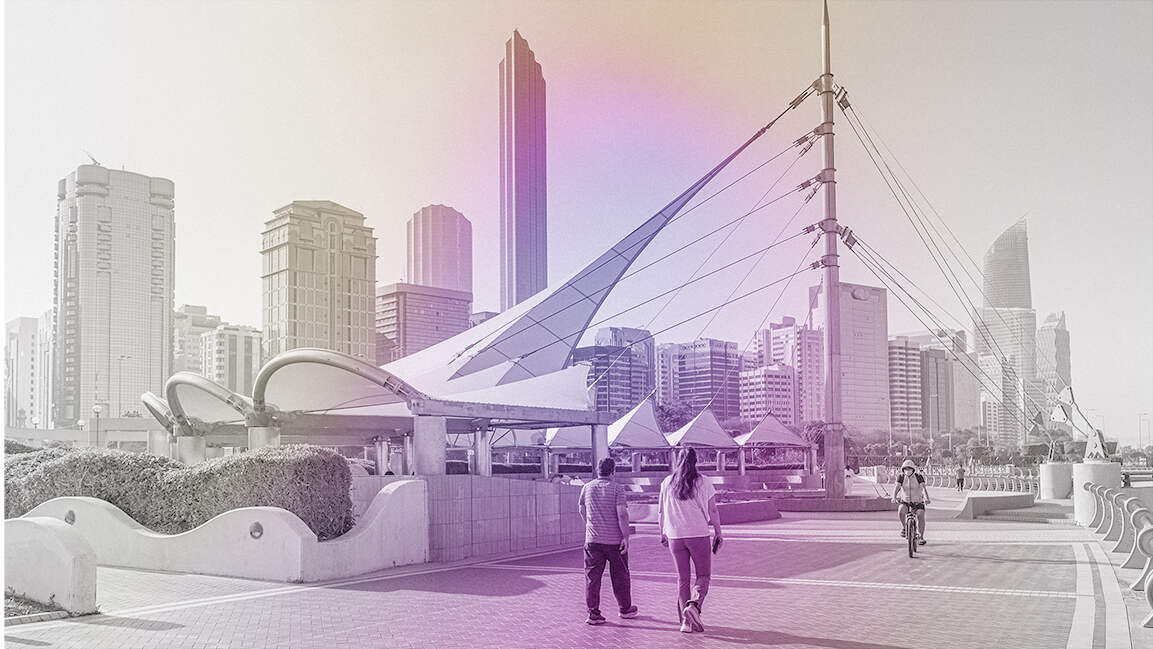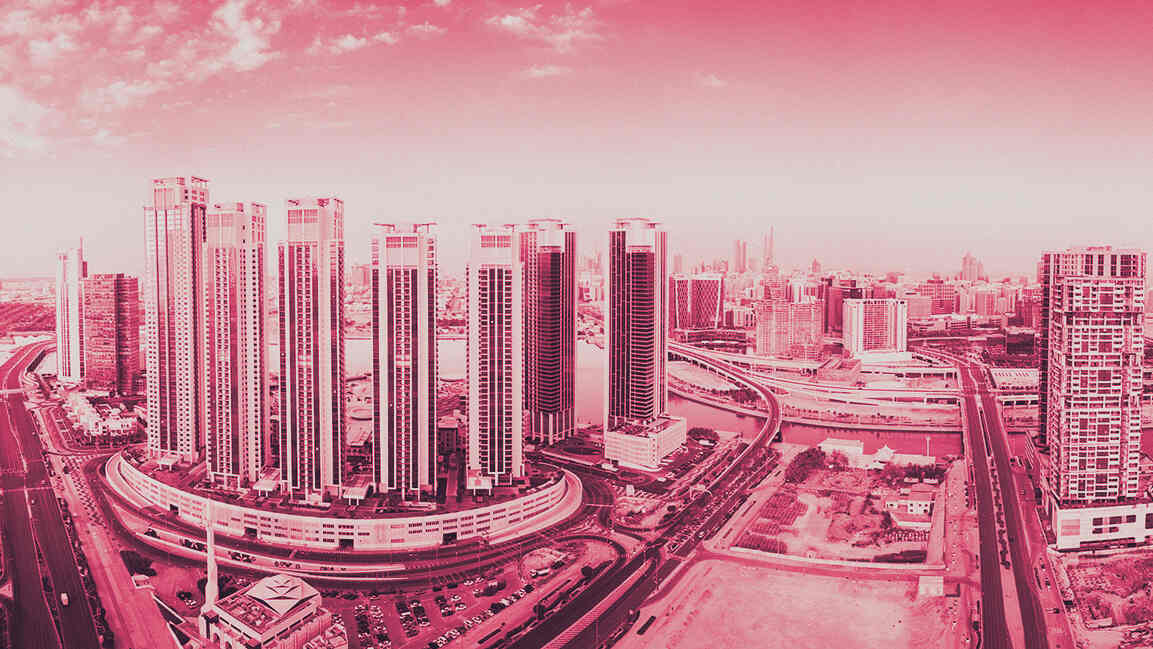- | 10:00 am
Ras Al Khaimah’s tourism vision is rooted in strategic expansion, culture, and sustainability
How a nature first approach is putting Ras Al Khaimah on the world’s travel radar.
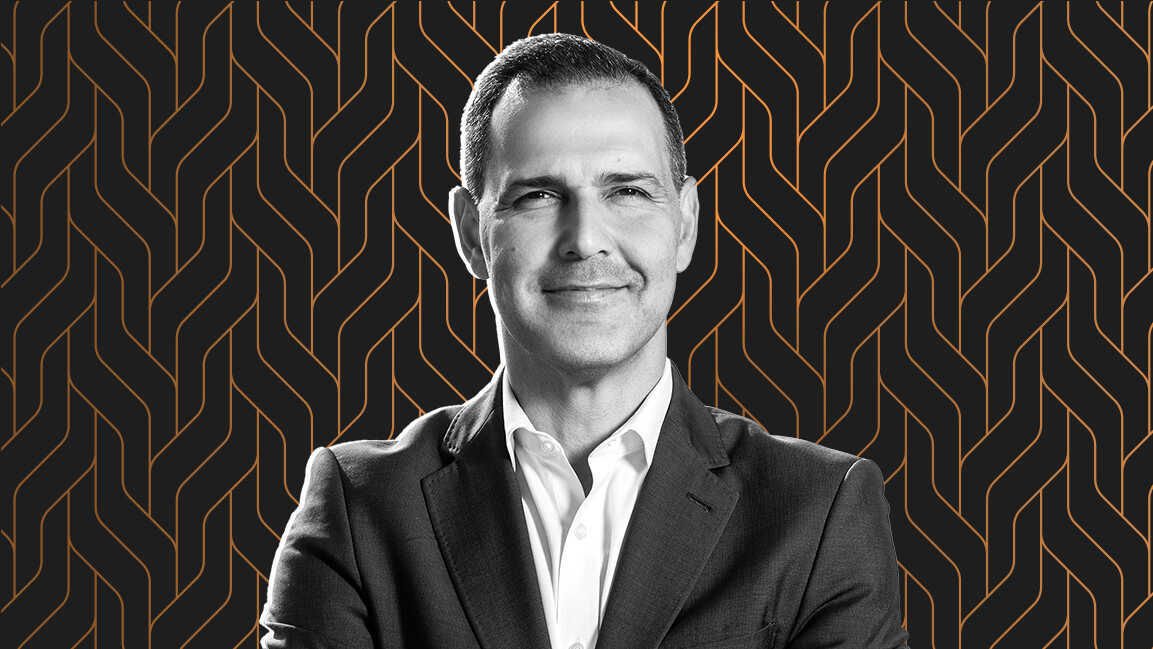
By 2035, Ras Al Khaimah aims to increase tourism’s share of its GDP from 5% to one-third. While ambitious, Raki Phillips, CEO of the Ras Al Khaimah Tourism Development Authority (RAKTDA), believes this goal is attainable through a focus on innovation, sustainability, and improving global connectivity. The strategy involves diversifying the tourism offering, enhancing infrastructure, and attracting international visitors, positioning Ras Al Khaimah as a key player in the region’s tourism sector.
It’s an ambitious target, but for Raki Phillips, CEO of the Ras Al Khaimah Tourism Development Authority (RAKTDA), it’s entirely achievable—with the right mix of innovation, sustainability, and global connectivity.
“We aim to position Ras Al Khaimah as both a world-class tourism destination and a regional investment hub,” Phillips says. “That vision is rooted in strategic expansion, cultural integrity, and long-term sustainability.”
A MEGA-PIPELINE OF PROJECTS
At the heart of this transformation is a wave of mega-developments. The emirate is adding more than 8,000 hotel keys to its portfolio, with another 7,000 in the pipeline. Among these is the $5.1 billion Wynn Al Marjan Island resort, the UAE’s first integrated resort and the largest foreign direct investment in Ras Al Khaimah’s history.
“It’s not just about volume,” Phillips explains. “It’s about attracting the right kind of visitor—one who values experience, quality, and the unique essence of Ras Al Khaimah.”
New openings from luxury brands like Four Seasons, Nobu, and W Hotels aim to elevate the emirate’s profile among high-value travelers and global investors. However, as these prestigious names enter the market, RAKTDA remains committed to preserving the destination’s natural charm. A key element of Ras Al Khaimah’s tourism strategy is environmental stewardship. “We are the first destination in the region to receive EarthCheck’s Silver Certification,” says Phillips. “And it’s not just a badge—it’s a blueprint for how we grow.”
In partnership with EarthCheck, RAKTDA has achieved a 29% reduction in greenhouse gas emissions and a 61% decrease in waste, figures that surpass national benchmarks. This commitment is supported by initiatives such as the Responsible RAK certification programme, the Barjeel Green Building Regulations, and destination-wide sustainability data tracking.
“Sustainability isn’t a milestone—it’s a mindset,” Phillips adds. “We’re integrating it into every part of the tourism ecosystem, from hotel construction to waste management and energy use.”
The strategy also includes preserving Ras Al Khaimah’s rich cultural heritage. The emirate is home to more than 80 heritage sites, 20 of which are currently under active conservation, including four on the UNESCO World Heritage Tentative List.
“Our goal is to make heritage a living, breathing part of the visitor experience,” says Phillips. “We’re developing curated tours, immersive storytelling, and conservation strategies to preserve these sites for future generations.”
THE RISE OF THE NATURE EMIRATE
Ras Al Khaimah has positioned itself as the “Nature Emirate,” and its tourism offerings embody this ethos. Whether through luxury retreats, outdoor adventures, or local cultural experiences, the destination is embracing what makes it truly unique.
“You can relax on 68km of pristine coastline, then be ziplining through the mountains or hiking a heritage trail within an hour,” Phillips says. “It’s this accessibility to contrasting experiences that sets us apart.”
New adventure offerings include Jais Wings, the region’s first dedicated paragliding site, and Saij Mountain Lodge by Mantis, an eco-luxury retreat featuring organic farming, beekeeping, and guided treks. This complement established attractions like the Jais Adventure Park and Bear Grylls Explorers Camp.
“Adventure is a key pillar for us,” says Phillips. “It appeals to younger, experience-driven travelers, and aligns perfectly with our sustainable ethos.”
Innovation plays a key role in shaping Ras Al Khaimah’s visitor experience. In partnership with TAV Technologies, Ras Al Khaimah International Airport is being transformed into a smart hub with real-time data integration to streamline travel flows. Meanwhile, the emirate is set to launch the region’s first electric Vertical Take-Off and Landing (eVTOL) air taxi system by 2027.
“Technology is helping us create a tourism experience that’s not only seamless but sustainable,” notes Phillips. “From AI-powered concierge services to eVTOL mobility, we’re planning for the needs of tomorrow’s traveler.”
REACHING THE WORLD
As Ras Al Khaimah opens new direct flight routes to India, Central and Eastern Europe, and China, RAKTDA is customizing its offerings to align with the cultural preferences and expectations of these markets.
“We’re not just promoting Ras Al Khaimah—we’re personalising it,” says Phillips. “Through collaborations with Trip.com, Huawei, and region-specific campaigns, we’re creating meaningful experiences for diverse audiences.”
RAKTDA collaborates closely with travel partners to create bespoke packages and curate content highlighting Ras Al Khaimah’s unique blend of luxury, nature, and heritage.
As Ras Al Khaimah’s tourism ambitions grow, its approach remains rooted in responsibility and inclusivity. From comprehensive accessibility audits to community-driven conservation efforts, the destination sets a new regional standard.
“We don’t just want to meet benchmarks—we want to lead them,” Phillips says. “We’re building a destination that’s smart, inclusive, resilient, and truly sustainable. The Ras Al Khaimah of 2035 will reflect all of these values.”
From the mountains to the sea, from ancient sites to futuristic innovation, Ras Al Khaimah is demonstrating that tourism growth can be achieved while preserving authenticity and protecting the planet.










